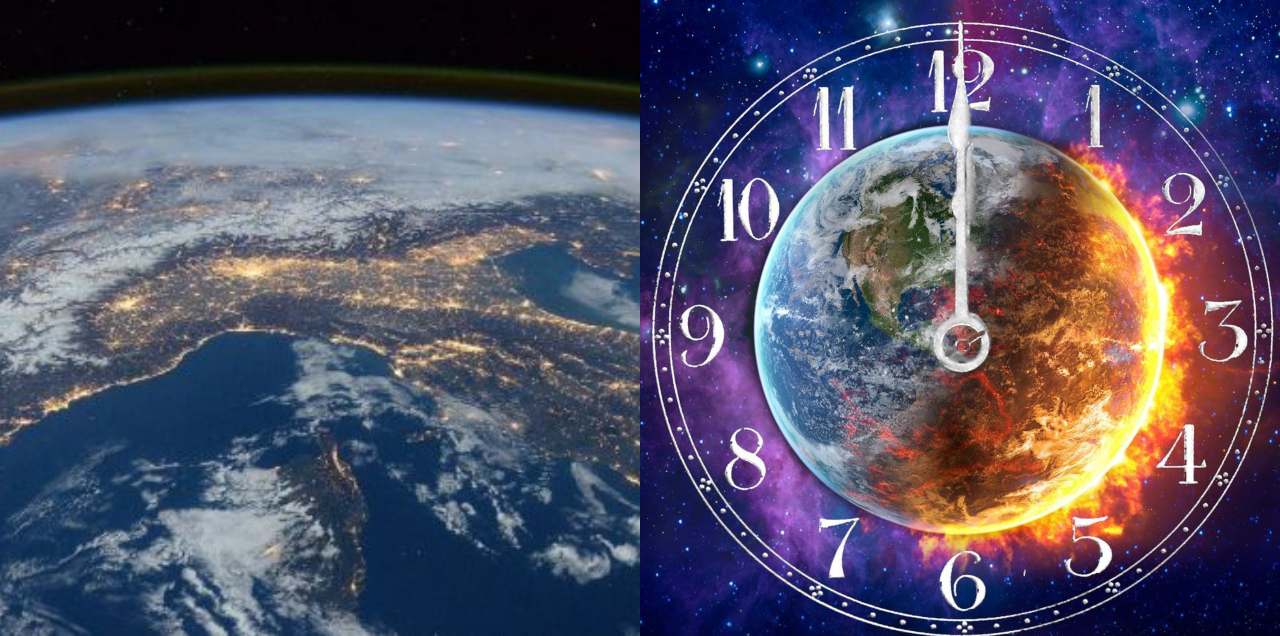As we witnessed, 2020 was way shorter than the previous years, although it might not have felt that way owing to the persisting bad news, and the COVID-19 pandemic. But it definitely was a very short year. But did you know 2021 will be even shorter, in fact, the shortest year in decades? Let’s find out why!
Earth is rotating on its axis faster than it has in a half-century, implying that each day on the planet is now shorter than 24 hours. The speed of the Earth’s rotation is affected by a number of factors, including the motion of its molten core, oceans, and atmosphere.



Making this startling revelation, scientists said that the Earth’s rotation is faster than normal. The year 2020 included 28 shortest days since 1960, and 2021 is predicted to be even the shortest year in decades.
As such the average day in 2021 is expected to be 0.05ms (milliseconds) shorter than the 86,400 seconds that usually make up a 24-hour period, according to scientists. Scientists at the International Earth Rotation and Reference Systems Service (IERS) can calculate when this event occurs by measuring the precise moment a star passes a certain location in the sky each day.



They express this measurement as Universal Time, then compare it to Atomic Time, a time scale calculated by ultra-precise atomic clocks. That comparison can show how much the Earth’s rotation speed is deviating from the norm.
Should the Earth’s rotation get out of sync with atomic clocks, a leap second can be added or subtracted to ensure they remain aligned.
What is a leap second?
Leap seconds refer to adjustment of time, similar to leap years. The National Institute of Standards and Technology (NIST) describes a leap second as a second that is added to Coordinated Universal Time (UTC) in order to keep it synchronized with astronomical time.
UTC is an atomic time scale, based on the performance of atomic clocks that are more stable than the Earth’s rotational rate. Moreover, it is based on the rotation of Earth, which is irregular. Leap seconds have always occurred at the end of December or the end of June.
The year 2020 turned the world on its head but anyone hoping for respite in 2021 may have to think again. At least according to predictions made by blind Bulgarian mystic Baba Vanga.
Did you know that the ‘Nostradamus of the Balkans’ also made some chilling predictions about Pakistan in 2019?
What do you think of this story? Let us know in the comments section below.















